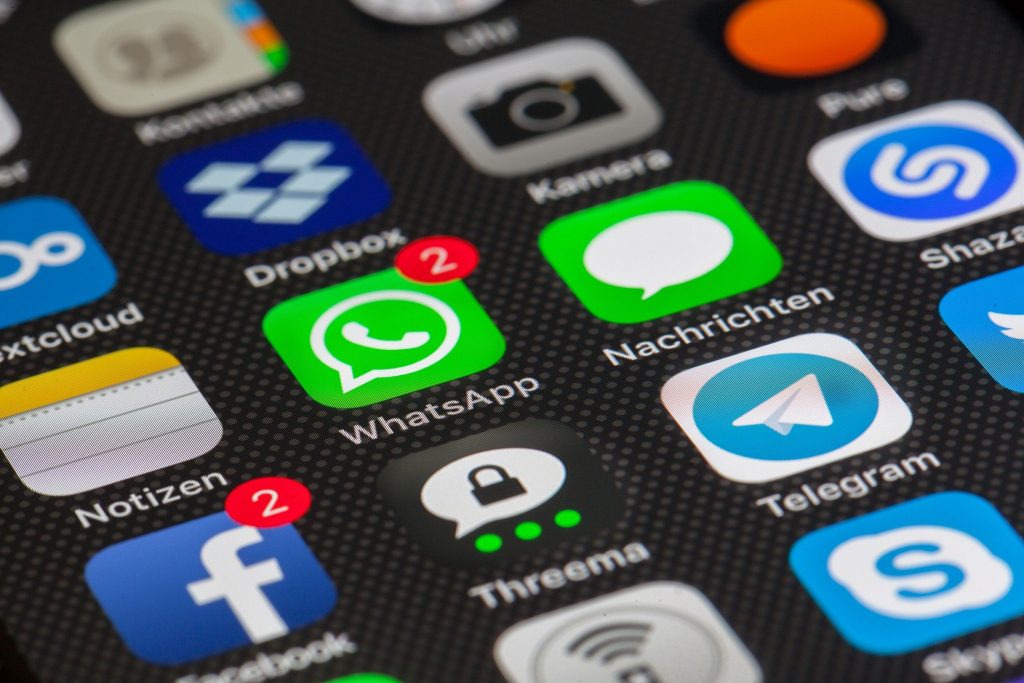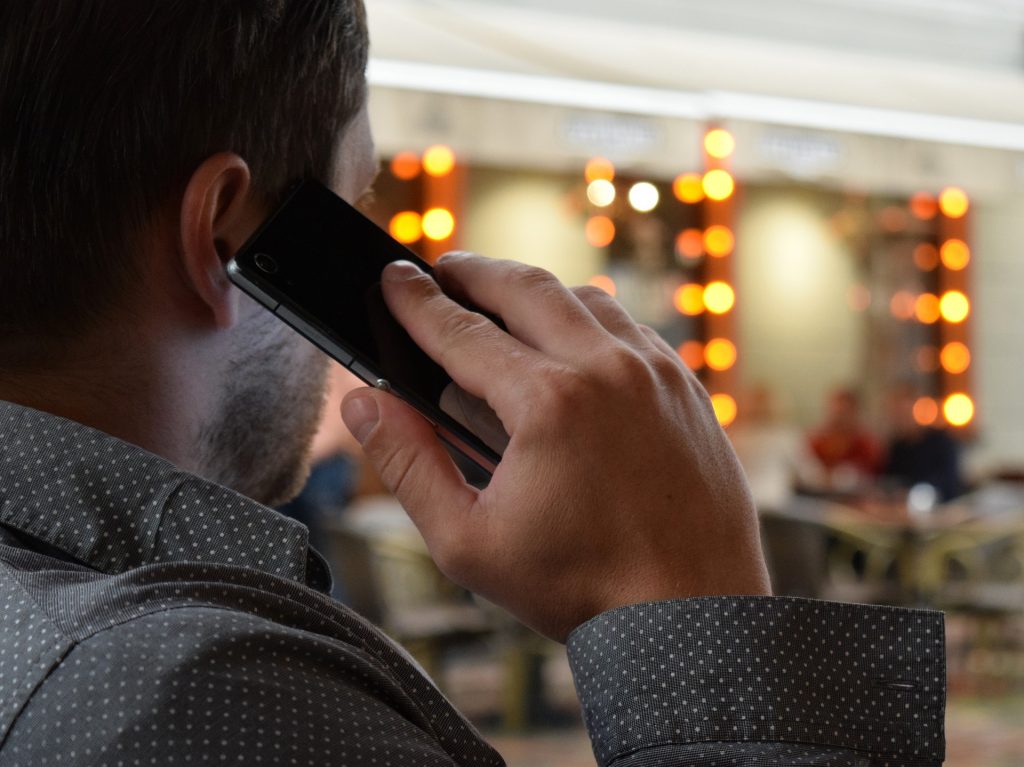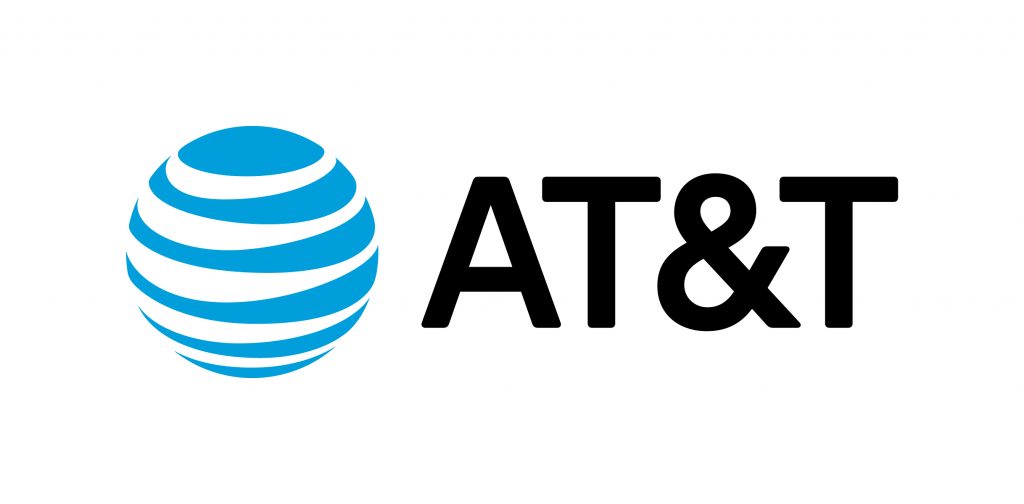You Just Got An AT&T Phone Call, How To Tell If It Is Real Or A Scam
Are you getting an AT&T scam call or is it legit? Here's how to know.
This article is more than 2 years old

We have all dealt with them at one time or another and even though you’ve done your best to limit them, they still come in. Yes, we are talking about those pesky scam phone calls. Though the digital age is upon us, scammers still use the good ol’ telephone to try and reel us in. So, you get that phone call and it’s coming from a number you don’t recognize. How can you tell if it is a real one or simply a scam? We’ll lean into how AT&T scam calls are determined and then dealt with, but this information could help with any phone carrier.
According to AT&T, their unwanted calls could be scams, sales pitches, or a number of other annoying reasons. An AT&T scam call could be illegal or fraudulent as well. The Federal Trade Commission (FTC) reported that in 2020, the median loss from a successful phone scammer was $1,170. This number represents nearly four times as much as all the other fraud types put together.
In 2020, the Federal Trade Commission received nearly 2.2 million fraud complaints. Of those contact methods identified, in 1 in 3 cases the scammer used a phone call to gain access. It’s a problem that simply won’t go away.

Technology has made this trade much easier to work. Auto dialers can crank out millions of robocalls per day. Easily available spoofing tools have the ability to trick your caller ID into showing you a genuine or corporate phone number. These tools can also provide local numbers to better trick you into answering.
An AT&T scam call can sometimes be very deceptive if you are unfortunate enough to hit that answer button. You should be very cautious about calls that ask you for your social security number. Calls that ask you to visit AT&T’s (or your own carrier) website. If you answer and an automated voice asks you to return their call. If a so-called “computer technician” with a “technical support company” asks to get remote access to your computer.
There are other ways scammers try to add to their illegal financial gain. You may get a call claiming you owe a fine or debt and the caller wants you to take care of the payment right then and there. You could also receive a call with the good news that you won a contest or sweepstakes, and they need your information so they can process your winnings.

All of these are what scammers use to get your personal information so they can exploit it. If your carrier happens to be AT&T and you are trying to prevent from being a victim of an AT&T scam call, understanding the above scenarios when answering your phone is very important.
The first line of defense against an unwanted call is to recognize the phone number. Even if it comes from your same area, is it a number you know? If not, let it roll on over to voice messaging. If a message comes up quickly after that, then may the call was legit.
Another line of defense to stop an AT&T scam call would be to register your phone number with DoNotCall.gov. You can go to their website, which is affiliated with the FTC, and easily register. The process takes maybe five minutes total and should cut down on the number of unwanted calls you receive.

AT&T users have a number of features to help stop AT&T scam calls. One feature is called the AT&T Call Protect that offers automatic fraud blocking, spam risk blocking, your own personal block list, unknown call blocking, and nuisance call alerts.
If you wish to have more features to help fight scam calls, AT&T also offers Call Protect Plus, which offers the above services as well as reverse number lookup, caller ID, and nuisance call controls.
Scammers prey on the unsuspecting. They are relentless and the good ones are just smooth enough to talk their way into your wallet. Don’t fall prey and remain vigilant. If you don’t recognize the call, simply let it go to voice mail. That is probably the easiest way to determine if that unknown number is a scam or not.

If you are not an AT&T user, please check with whomever your phone carrier is. They are sure to also have features to help protect you against scammers and their unwanted calls.







